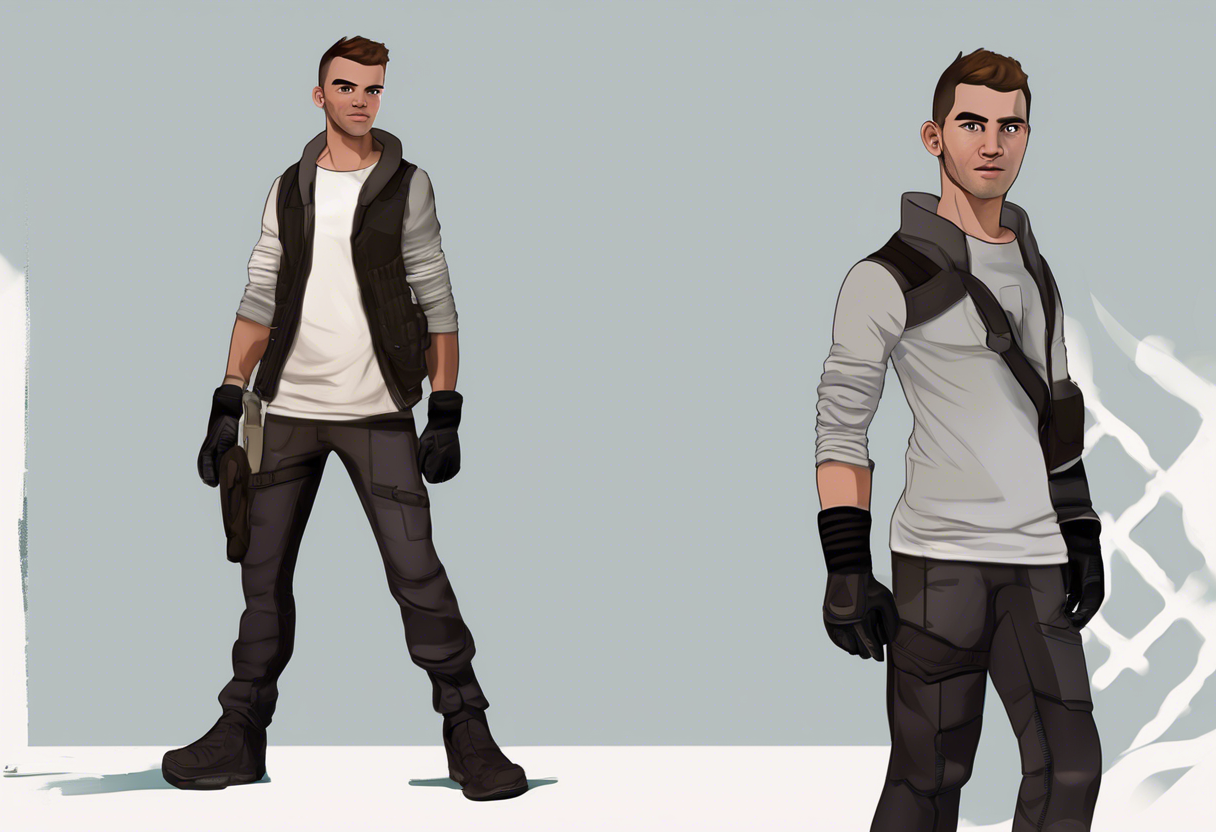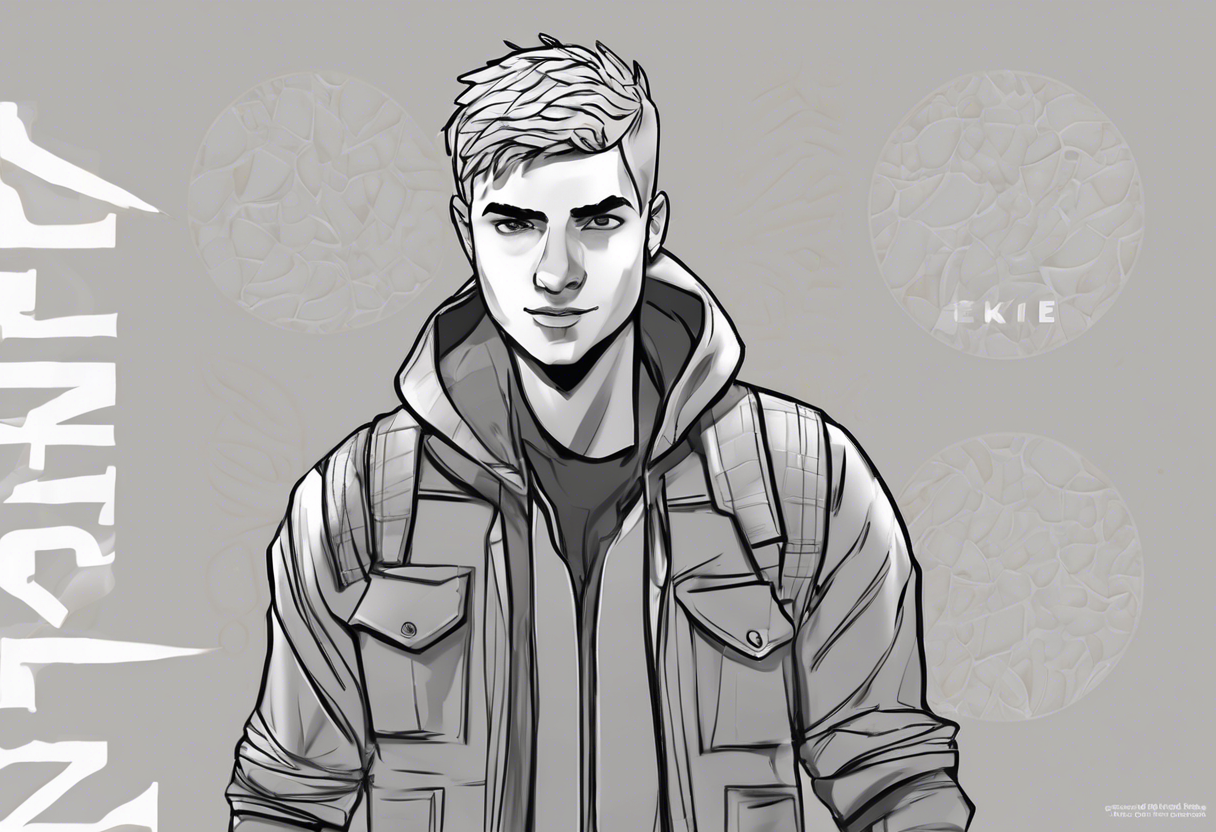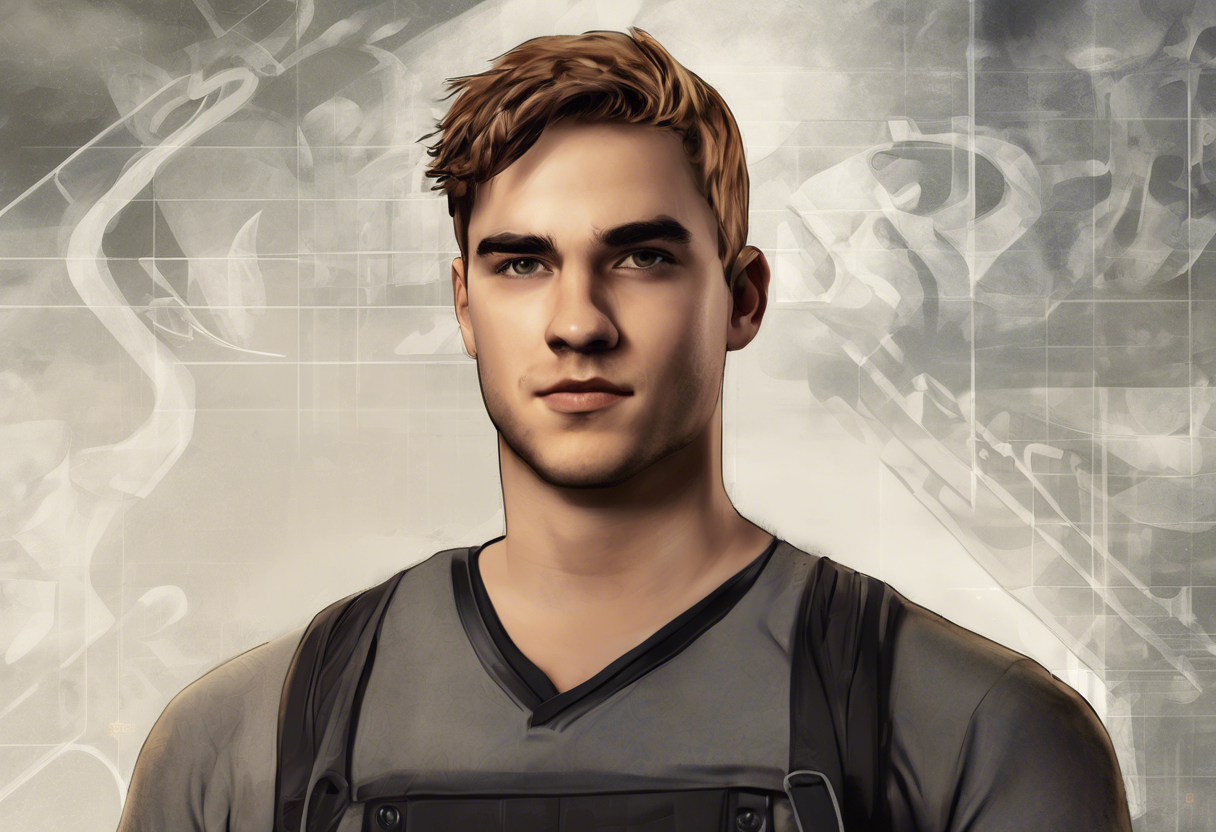Contents
Ezekiel "Zeke" Pedrad: A Comprehensive Analysis of the Divergent Character
Introduction
Ezekiel "Zeke" Pedrad is a significant character in Veronica Roth’s Divergent trilogy, a series that has captivated readers with its dystopian world and complex characters. Born into the Dauntless faction, Zeke is introduced as a friendly and charismatic individual who plays a crucial role in the narrative. This article will delve into Zeke’s origins, backstory, defining traits, and his role in the story, as well as analyze his character, thematic significance, cultural impact, critical reception, and lasting legacy.
Zeke’s character is notable for his loyalty, bravery, and the emotional depth he brings to the story. As a Dauntless-born initiate, Zeke embodies the faction’s values of courage and camaraderie, yet his experiences and relationships also highlight the complexities and vulnerabilities of the characters in the series. His significance extends beyond his individual storyline, contributing to broader themes of identity, loyalty, and the human condition.
Role in the Story
Zeke’s journey is intricately woven into the fabric of the Divergent trilogy. In Insurgent, Zeke meets Tris and other characters at Candor, where he is part of a group that includes Marlene and Lynn. During Eric’s attack on Candor, Zeke is revealed to be Divergent, as he is not affected by the new serum designed to control the population [1][5].
Zeke’s relationships with other characters are pivotal to his storyline. He develops a romantic connection with Marlene, which becomes a central aspect of his character development. However, this relationship is tragically cut short when Marlene becomes a victim of Jeanine Matthews’ serum, leading to her death. This event profoundly affects Zeke, causing him significant emotional distress and influencing his subsequent actions in the story.
Zeke also plays a crucial role in supporting Tris during critical moments. When Tori accuses Tris of being a traitor, Zeke escorts her without showing any negative feelings towards her, demonstrating his loyalty and trust in her [1][5]. Additionally, he helps Lynn after she is shot, though ultimately unable to save her. Before Lynn’s death, she reveals her love for Marlene, adding another layer of complexity to Zeke’s emotional state.
Character Analysis
Zeke’s personality is characterized by his friendliness, bravery, and strong sense of loyalty. He is a supportive and caring individual who often finds himself in the midst of significant events, providing emotional and practical support to those around him. His motivations are rooted in his desire to protect his friends and faction, as well as his need to uncover the truth and oppose injustice.
One of Zeke’s greatest strengths is his ability to remain steadfast in the face of adversity. Despite the loss of Marlene and the challenges he faces, Zeke continues to support his friends and fight against the oppressive forces within the society. However, his flaws include his emotional vulnerability and the deep impact that personal losses have on him.
Zeke’s character development is marked by his growth from a carefree and flirtatious individual to someone who has faced and overcome significant personal tragedies. This transformation makes him a compelling and relatable character, as readers can empathize with his struggles and admire his resilience.
Themes and Symbolism
Zeke embodies several key themes in the Divergent series. One of the most significant themes is the power of human relationships and the impact of loss. Through Zeke’s relationships with Marlene and Lynn, the series highlights the depth of human emotions and the consequences of actions taken in a society under strict control.
Zeke also symbolizes the theme of loyalty and sacrifice. His unwavering support for Tris and his faction, despite the risks involved, underscores the importance of standing by one’s principles and protecting those who matter. Additionally, his opposition to surrendering Divergents to Erudite reflects the broader theme of resistance against oppressive authority.
Cultural Impact
Zeke’s character has had a notable impact on the cultural landscape of young adult literature and beyond. Fans of the series have praised his character for adding a layer of realism and emotional depth to the narrative. His portrayal in the book series has also influenced how readers perceive loyalty, friendship, and the consequences of war and societal control.
In adaptations and spin-offs, Zeke’s character has been well-received for his authenticity and the emotional resonance he brings to the story. His influence can be seen in other works of young adult fiction, where characters with similar traits of loyalty and bravery are often central to the plot.
Critical Reception
Critics and audiences have generally praised Zeke’s character for his complexity and the emotional depth he adds to the story. Reviewers have noted that his relationships and personal struggles make him a relatable and compelling character, enhancing the overall narrative of the series.
However, some critics have argued that Zeke’s character could have been further developed, particularly in terms of his backstory and motivations. Despite this, his role in the story and his interactions with other characters have been widely appreciated for their authenticity and emotional impact.
Legacy
Zeke’s enduring appeal lies in his relatability and the significant role he plays in the Divergent series. His character has inspired discussions about loyalty, sacrifice, and the human condition, making him a memorable figure in contemporary young adult literature.
In contemporary discussions, Zeke’s character continues to be relevant as a symbol of resistance and the importance of human relationships in the face of adversity. His influence can be seen in other literary works and media, where characters with similar traits are often central to the narrative.







